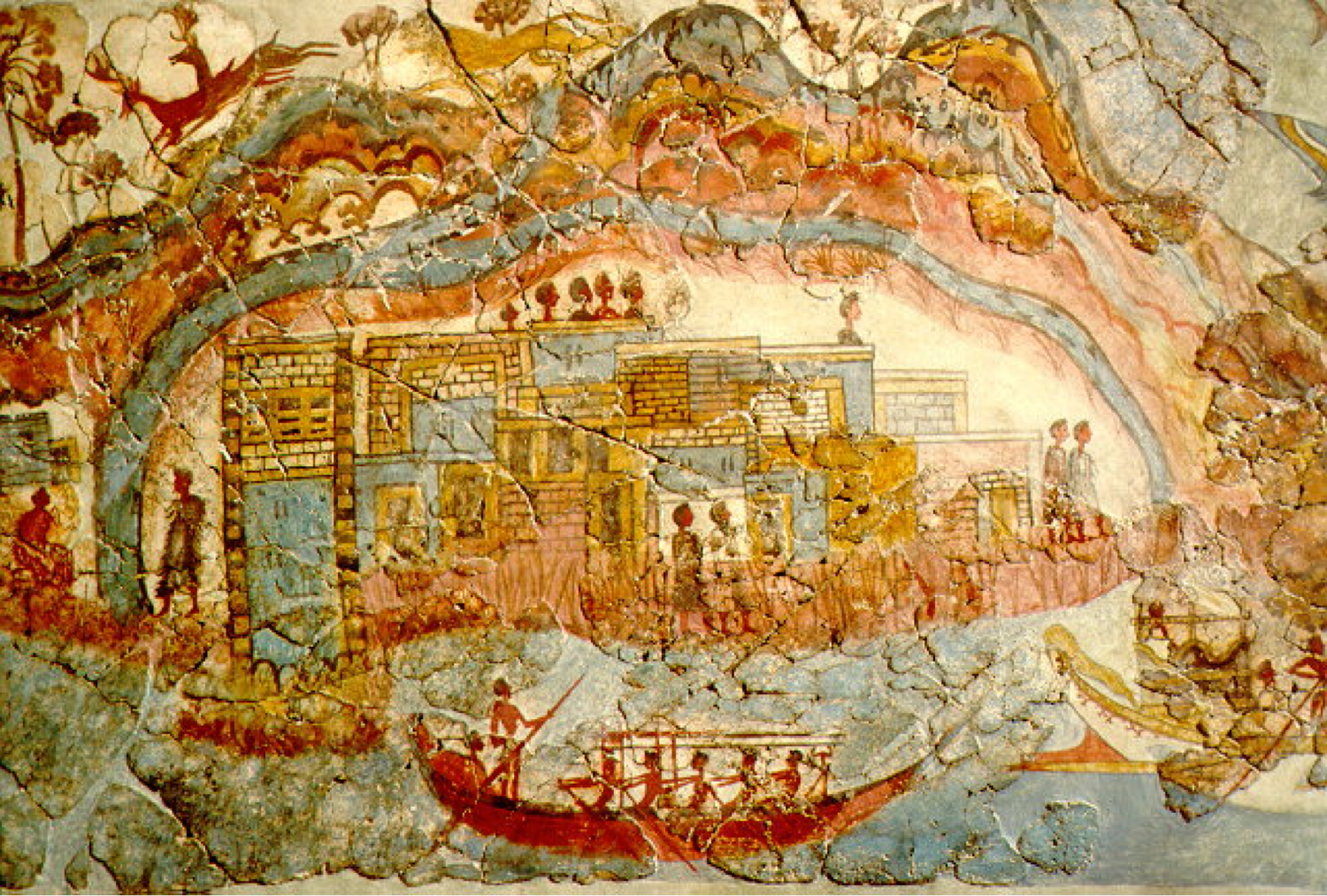A rough analysis of genetic material from the teeth of 101 ancient humans show how mass migration changed Europeans during the Bronze Age from 3000-1000 BC. Prior to that era, people were mainly light-skinned and lactose-intolerant. They moved from hunter-gatherers to farmers and slowly created urban civilizations from Babylon to Egypt to classical Greece to Rome.
The findings, published in Journal Nature, showed how migrations played a huge role in cultural fermentation. The experts state in their report: “We show that the Bronze Age was a highly dynamic period with large-scalepopulation migrations and replacements, responsible for shaping major parts of present-day demographic structure in both Europe and Asia.”
To conduct the research, scientists started out with more than 600 samples taken from top layers of ancient teeth after putting them through a pre-digestion chemical treatment to remove surface contamination.
Ask me anything
Explore related questions





